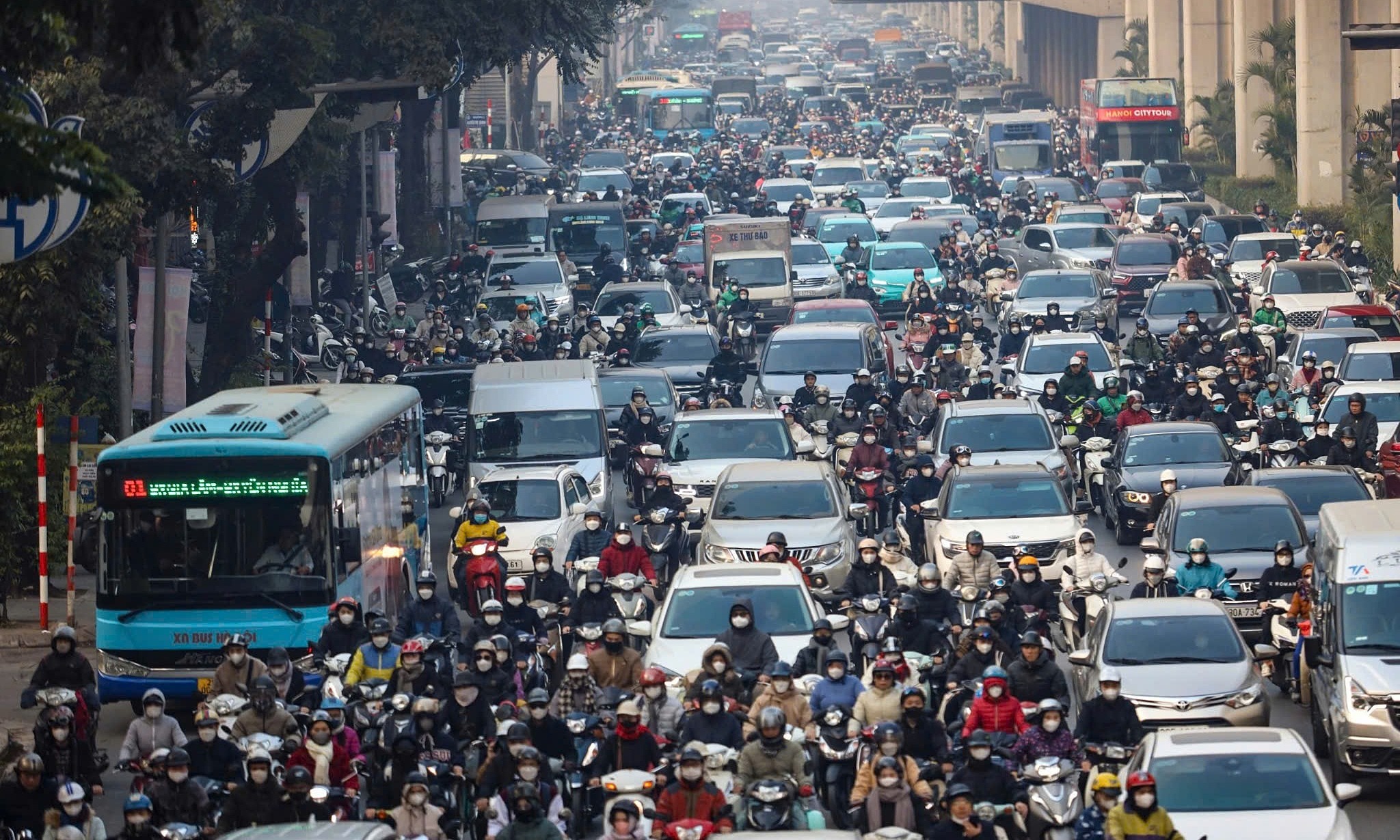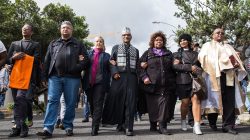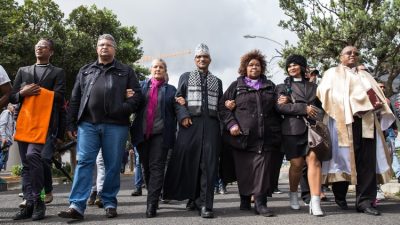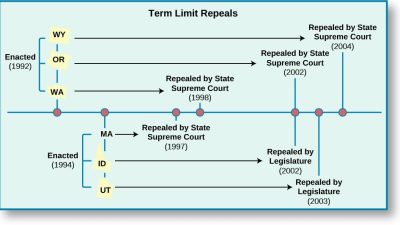Hanoi has unveiled ambitious plans to fully convert its public bus system to green energy by 2030, before expanding the shift to taxis, ride-hailing fleets and all private vehicles.
The announcement came on June 5 during the launch of a new electric bus route operated by VinBus Eco Transport Services.
At the event, city vice chairman Nguyen Manh Quyen said a road map aimed at phasing out fossil fuels is being developed.
Transitioning to green transportation is a necessity amid the rising air pollution and traffic congestion, he told reporters.
Under the plan, 100% of public buses, or around 2,500 vehicles, will run on electricity and other green energy by 2030.
The city has hit its 2026 target early, with over 20% of buses now operating on clean energy, thanks in part to partnerships with firms like VinBus.
But the transformation does not stop there.
The city has tasked its Department of Construction with talking with transport operators and the public to outline a strategy for converting taxis, ride-hailing cars and private vehicles.
While no fixed timeline exists for that broader transition, Quyen said it would be the city’s next priority after 2030, aiming to push the adoption rate as high as possible.
To help smooth the transition, city officials are working with businesses to introduce incentives, including reduced vehicle registration and other fees for those switching to electric vehicles.
For businesses, Hanoi is developing policies to ease the financial burden of upgrading to green fleets and building EV infrastructure like charging stations to ensure it can keep up with demand.
Hanoi has 1.1 million cars, 6.9 million motorbikes and 1.2 million vehicles coming in from other provinces.













